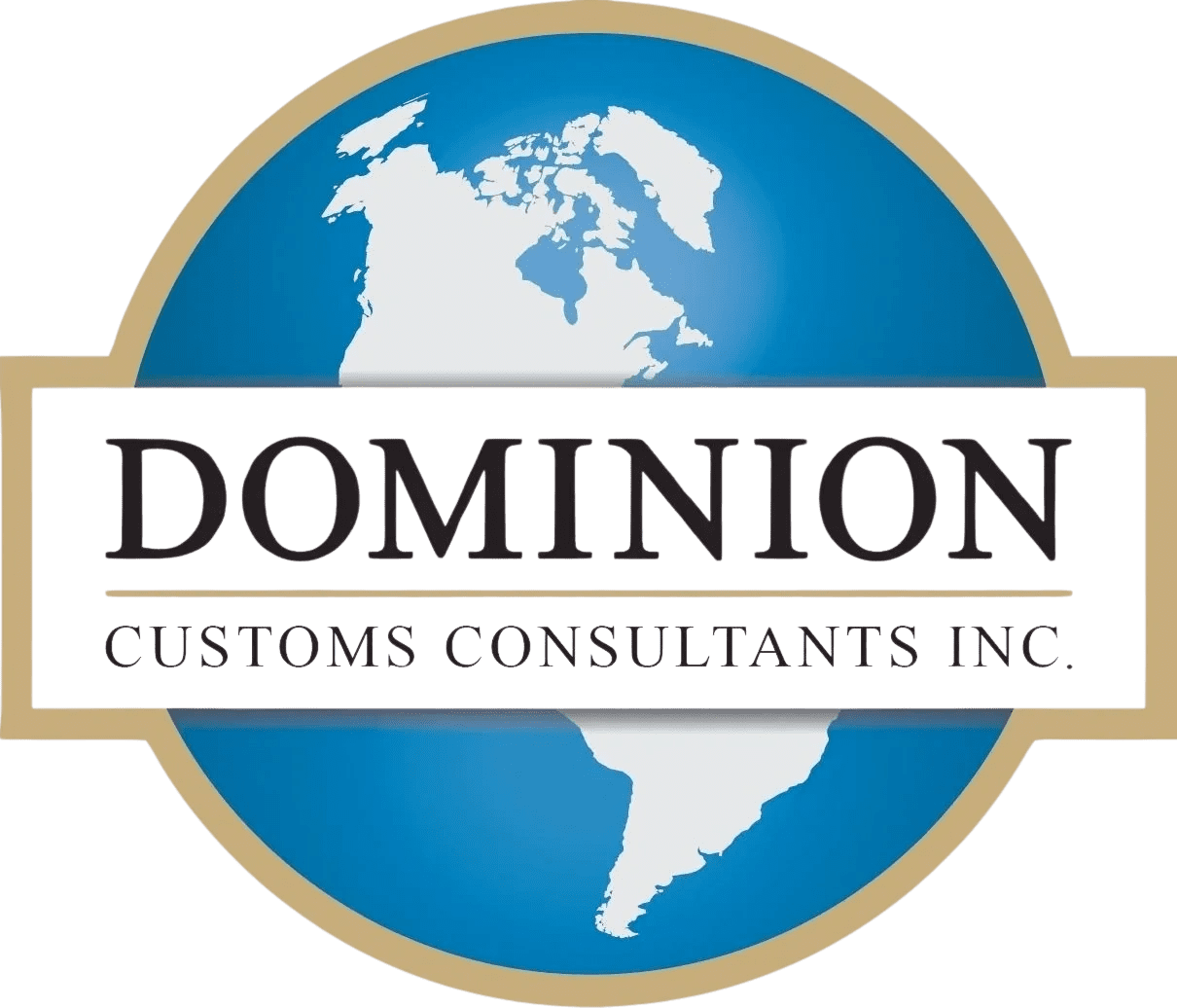Creating Business Strategies to Manage and Minimize Duty Costs on Imported Goods
In today’s globalized economy, businesses often rely on importing goods to stay competitive and meet market demands. However, managing and minimizing duty costs on these imports can significantly impact a company’s bottom line. Duty costs, which are taxes imposed on goods when they enter a country, can vary greatly depending on the type of goods, their origin, and the specific regulations of the importing country. Here are key strategies businesses can employ to effectively manage and minimize these costs.
1. Understand and Leverage Tariff Classification
One of the first steps in managing duty costs is understanding how your goods are classified under the Harmonized System (HS) codes. Accurate classification is crucial because duties are determined based on these codes. Misclassification can lead to higher duties or even legal complications. Regularly reviewing and updating the HS codes used for your products ensures compliance and could potentially lower duty costs if your goods qualify for a lower tariff rate. Engage with customs experts or use tariff classification tools to ensure accuracy.
2. Utilize Free Trade Agreements (FTAs)
Free Trade Agreements between countries can significantly reduce or eliminate duty costs. By taking advantage of FTAs, businesses can lower tariffs on imported goods if they meet specific rules of origin requirements. Staying informed about relevant FTAs and understanding their stipulations is vital. Businesses should also work closely with suppliers to ensure that goods meet the necessary criteria to benefit from reduced tariffs under these agreements.
3. Implement Duty Drawback Programs
Duty drawback programs allow businesses to claim a refund on duties paid for imported goods that are subsequently exported or used in manufacturing processes. By participating in such programs, companies can recover a portion of the duties paid. To make the most of duty drawback programs, businesses need to maintain detailed records of imports, exports, and manufacturing processes to support their claims. Consulting with a customs broker or duty drawback specialist can streamline this process.
4. Optimize Your Supply Chain
Optimizing the supply chain can lead to significant savings on duty costs. Consider strategies such as consolidating shipments to reduce the number of import transactions, which can lower overall duties and associated administrative costs. Additionally, strategically sourcing materials and goods from countries with lower tariff rates or through locations with advantageous trade agreements can also reduce duty expenses. Efficient inventory management and demand forecasting can help in making well-timed purchases, thus avoiding unnecessary import duties.
5. Explore Bonded Warehousing
Bonded warehousing allows businesses to store imported goods without paying duties until the goods are released for consumption within the country. This strategy can improve cash flow and offer flexibility in managing inventory. By using bonded warehouses, businesses can defer duty payments until goods are needed, providing time to assess market conditions and make more strategic decisions regarding imports.
6. Engage in Customs Valuation Reviews
Customs duties are often calculated based on the value of the goods, so ensuring the accuracy of the declared value is essential. Engage in regular customs valuation reviews to confirm that the declared values are correct and in line with international trade rules. Overstating or understating values can lead to either excessive duties or legal penalties. Transparent and accurate valuation helps in avoiding costly discrepancies.
7. Invest in Training and Technology
Investing in training for staff involved in customs compliance and utilizing advanced technology for managing import processes can enhance efficiency and reduce errors. Automated systems for tracking imports, managing duty costs, and ensuring compliance with regulations can streamline operations and provide better oversight of duty-related expenses.
How Can Dominion Help My Company Manage Duty Costs
For more than 40 years, Dominion has worked closely with many of the biggest and best known brands in North America to manage duty costs. Minimizing duty costs on imported goods requires a multi-faceted approach involving accurate classification, leveraging trade agreements, optimizing the supply chain, and utilizing available programs and technologies. By adopting these strategies, businesses can manage their import costs more effectively, improve their competitive edge, and contribute positively to their overall financial health. Reach out to our team and let’s talk more about your needs and how our programs can help you to implement a strategy that works for YOUR business.
